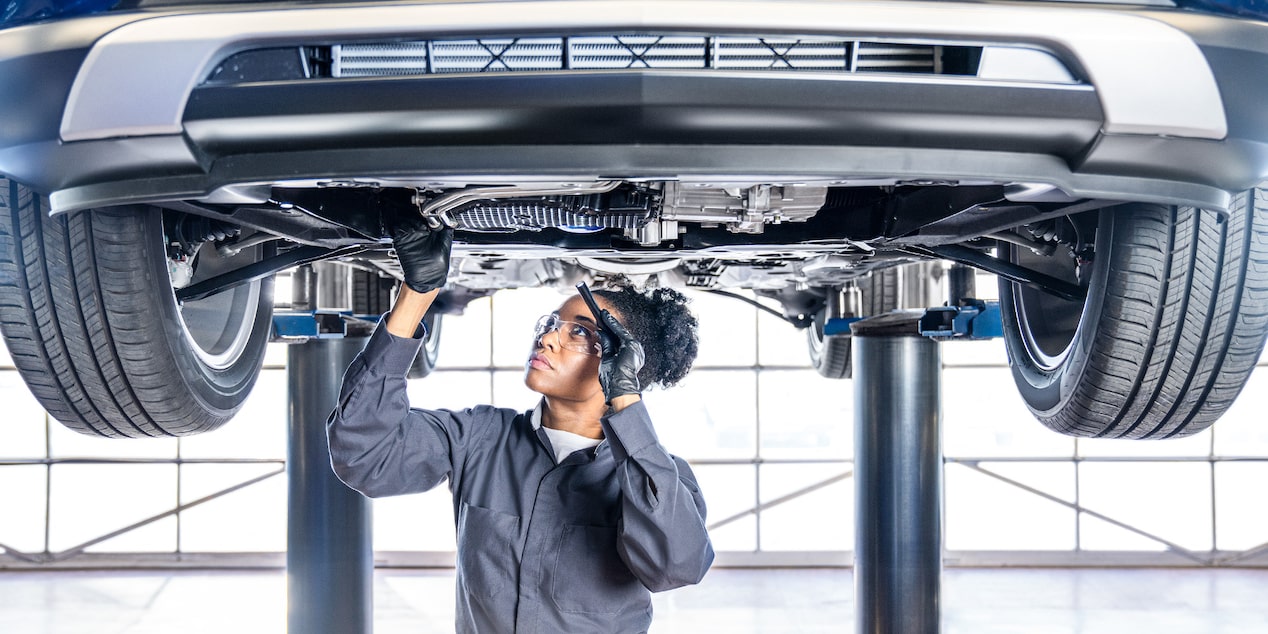All Categories
Featured

[/image]
Your car is an essential part of your day-to-day live, and taking great care of it makes certain that it offers you accurately for several years to find. While contemporary lorries are created to be resilient, ignoring proper maintenance can bring about unnecessary break downs and pricey fixings. Here's just how you can keep your vehicle running longer and in peak condition.
- Stick to Routine Maintenance. The foundation of a long-lasting auto is regular maintenance. Follow your manufacturer's recommended upkeep timetable, which can normally be found in your cars and truck's owner's guidebook. Routine jobs like oil modifications, tire rotations, and brake checks stop wear and tear and keep your vehicle doing efficiently.
Neglecting oil modifications is one of the quickest methods to damage your engine. Clean oil guarantees appropriate lubrication and prevents getting too hot. Depending upon your automobile and driving routines, oil changes are generally needed every 3,000 to 5,000 miles or as specified by the supplier.
- Inspect and Renew Liquids. Your car depends on a number of liquids to run efficiently. These include engine oil, transmission liquid, coolant, brake fluid, and power guiding liquid. Reduced or filthy fluids can result in engine overheating, sliding gears, and brake failure.
Make it a practice to examine fluid degrees consistently. If you discover a substantial decrease in fluid levels, it may show a leakage that requires prompt focus. Maintaining liquids clean and at the appropriate levels guarantees your automobile runs successfully and stops expensive repair services.
- Watch on Your Tires. Tire maintenance is vital for both safety and performance. Poorly inflated tires can minimize fuel performance, cause irregular wear, and raise the risk of blowouts. Examine your tire pressure regular monthly and ensure it matches the supplier's suggestions.
Revolving your tires every 5,000 to 7,500 miles advertises also put on and expands their life-span. In addition, evaluate your tires for any kind of signs of damages, such as cuts, protrudes, or reduced walk deepness, and change them when required.
- Replace Worn Parts on Time. Overlooking worn-out components can cause bigger problems in the future. For instance, failing to replace a worn timing belt can result in engine failure. Worn brake pads can damage rotors, leading to pricey repair work.
Be aggressive regarding replacing parts such as trigger plugs, filters, and belts according to the maker's guidelines. Utilizing high-grade replacement parts makes sure far better efficiency and durability.
- Exercise Gentle Driving. The way you drive substantially affects the lifespan of your cars and truck. Aggressive driving routines, such as rapid acceleration, sudden braking, and tough cornering, placed additional stress and anxiety on the engine, brakes, and tires.
Instead, adopt smooth driving strategies. Increase progressively, keep a consistent speed, and brake gently whenever feasible. This minimizes deterioration on your vehicle's components and improves fuel performance.

- Safeguard Your Car's Exterior. Keeping your vehicle tidy isn't practically looks-- it has to do with preventing damages. Dirt, roadway salt, and grime can trigger rust and rust, particularly in the undercarriage. Routine washing, particularly throughout winter season or after driving on salty roadways, is vital.
Waxing your auto every couple of months offers a safety layer against ecological damage. Furthermore, park your car in a garage or make use of an auto cover to protect it from harsh weather condition and UV rays, which can discolor the paint and damages the interior.
- Don't Overlook Indication. Dashboard caution lights are your cars and truck's method of telling you something requires interest. Whether it's the check engine light, low oil stress, or tire stress caution, attending to these informs quickly can prevent minor concerns from ending up being significant repair work.
If you notice unusual noises, resonances, or adjustments in your auto's performance, do not overlook them. A specialist technician can diagnose and fix the problem before it intensifies.
- Store Your Car Properly. If you're not using your auto for an extensive duration, correct storage space is essential. Maintain your car in a trendy, dry area to protect it from weather damages. Utilize a battery tender to maintain the battery cost and include a gas stabilizer to stop the gas from deteriorating.

Beginning the cars and truck periodically or taking it for a brief drive can maintain all systems in functioning order and stop components from confiscating up.
Verdict: Consistency Is Trick. Keeping your automobile running much longer doesn't need challenging measures-- just consistency and attention to information. Treat your auto with treatment, and it will certainly reward you with reliability, much better performance, and years of reputable service.
Latest Posts
Find Out Reduce Expenses on Car Maintenance with Montclare Auto Repair’s Limited-Time Deals
Check Out Cost-Effective Auto Repairs with Montclare’s Exclusive Service Specials
Discover Strathmere’s Seaside Haven: Relax, Savor, and Stay at Deauville Inn
More
Latest Posts
Find Out Reduce Expenses on Car Maintenance with Montclare Auto Repair’s Limited-Time Deals
Check Out Cost-Effective Auto Repairs with Montclare’s Exclusive Service Specials
Discover Strathmere’s Seaside Haven: Relax, Savor, and Stay at Deauville Inn